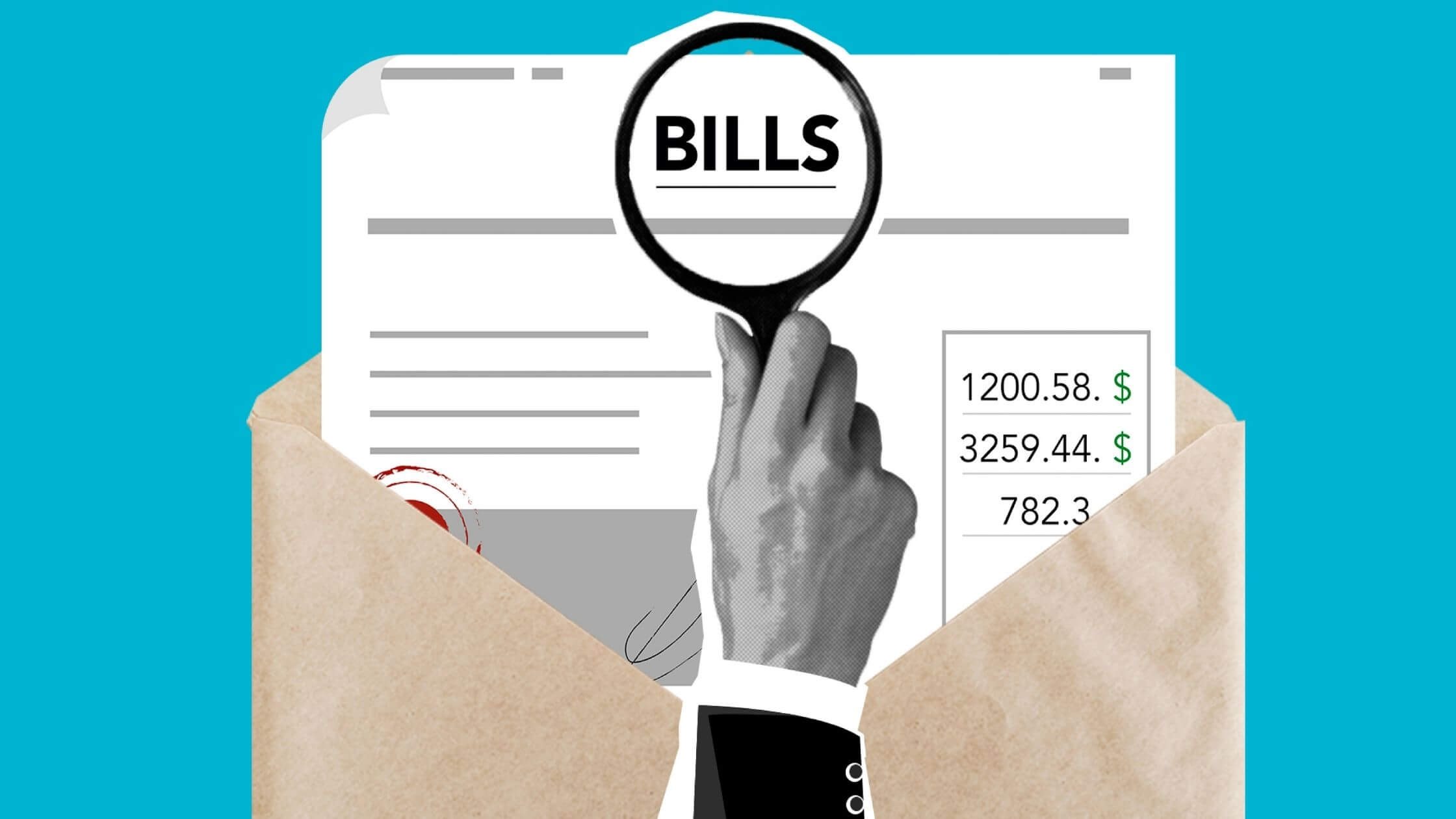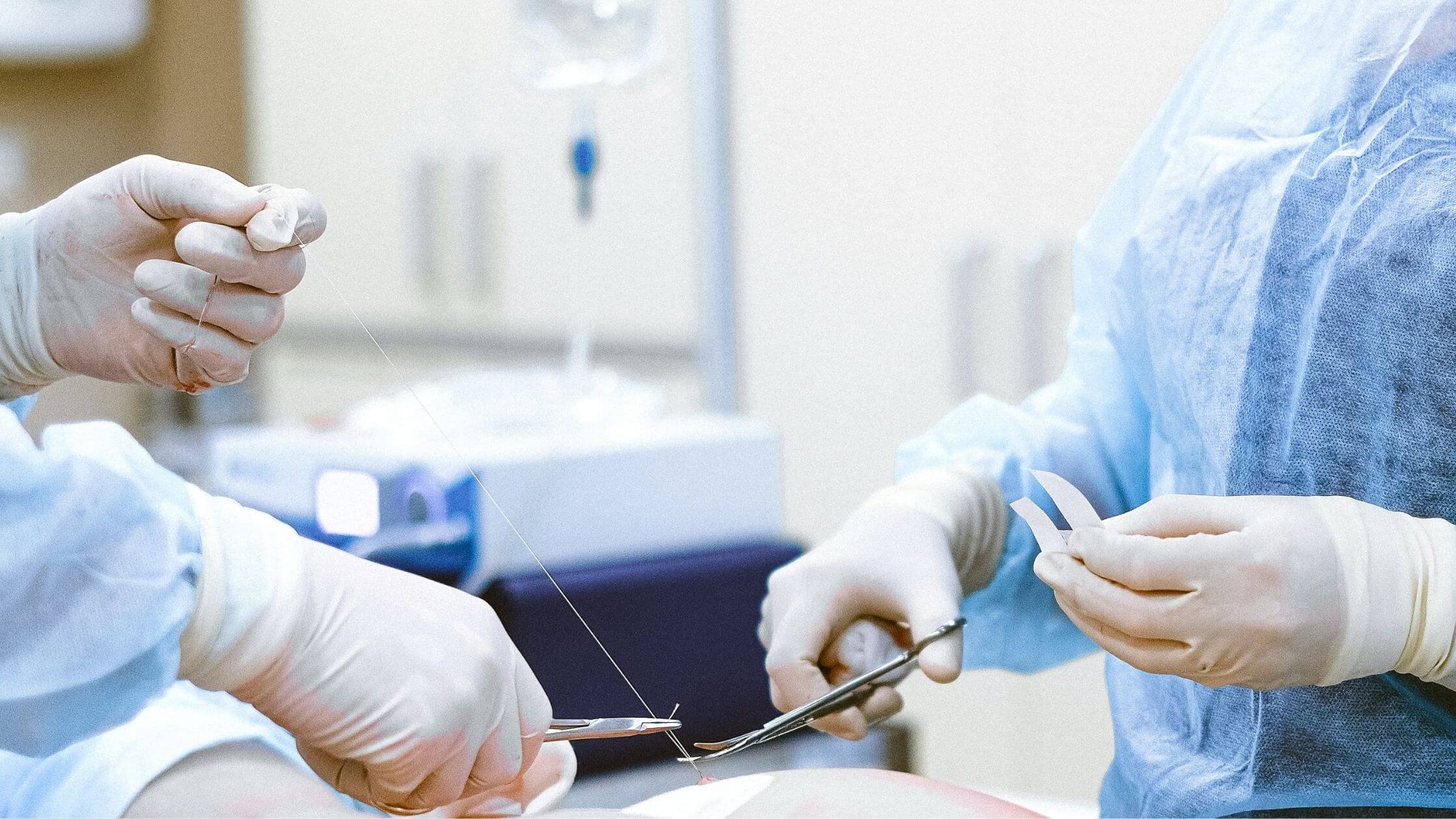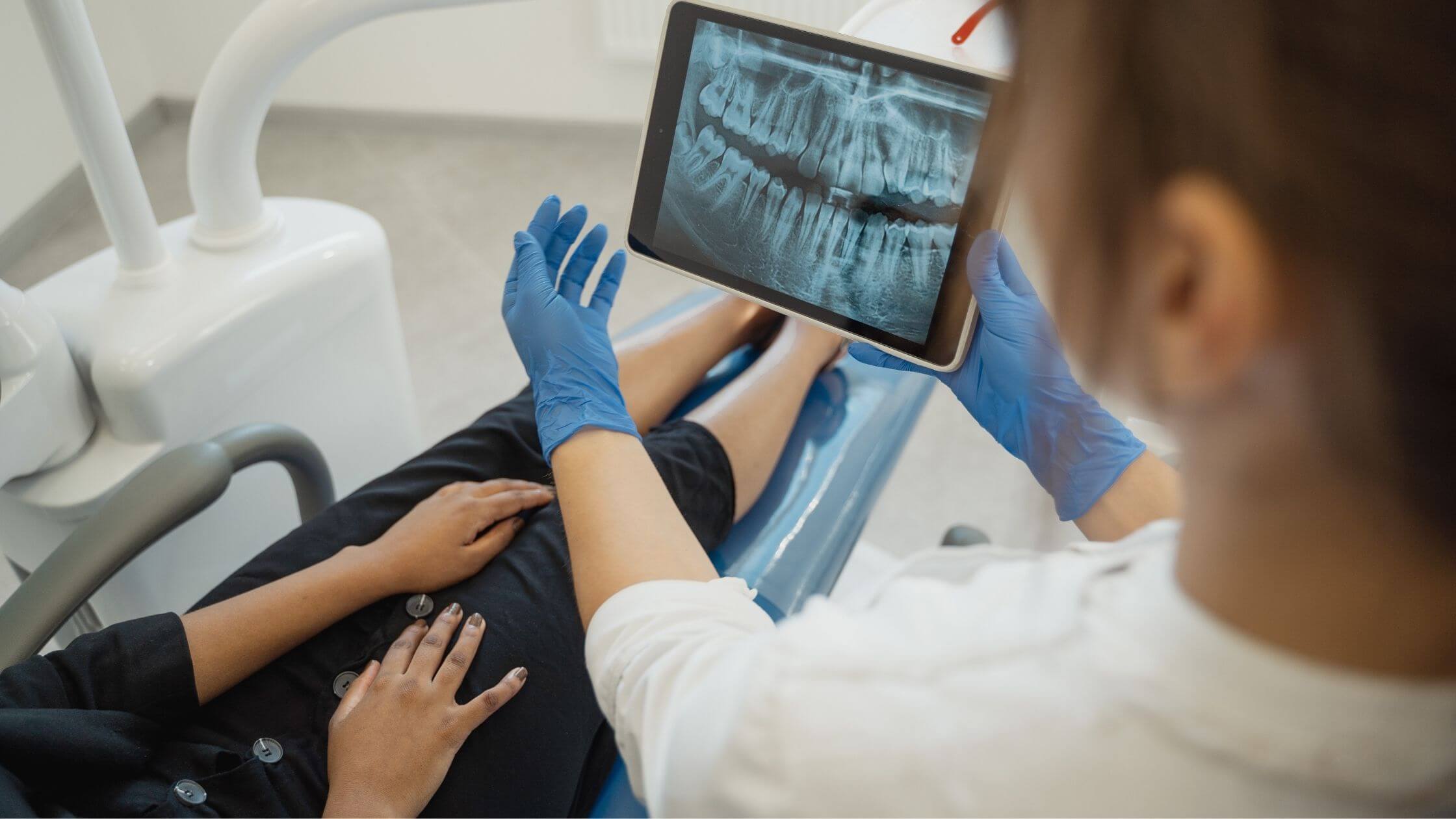February 11, 2022 - When retiring in Croatia, one of the key concerns when considering a move overseas is healthcare, and trying to navigate this space can be a daunting prospect especially for those looking to spend an extended amount of time in Croatia.
We are here to answer some of the questions on healthcare in Croatia by giving a brief overview of available options, covering factors such as costs, accessibility, and quality of healthcare.
What type of healthcare is available in Croatia?
In Croatia, as either a temporary or permanent resident, you will have access to both state and private healthcare sectors.
There are three main types of state healthcare coverage in Croatia:
- Obavezno zdravstveno osiguranje – Basic public health insurance (mandatory)
- Dopunsko zdravstveno osiguranje – Supplemental health insurance from either public or private providers
- Dodatno zdravstveno osiguranje – Premium private supplemental health insurance offered by banks and private insurers
Let’s start with the basic public health insurance “obavezno” since it is mandatory for all 3rd country residents of Croatia, unless you are on a Digital Nomad Visa, where private health insurance will suffice.
State healthcare - Overview
State healthcare in Croatia is regulated by Hrvatski zavod za zdravstveno osiguranje (HZZO), otherwise known as the Croatian Health Insurance Fund (CHIF).
The breadth and scope of this coverage is extensive. Once you’re in the system, you will have access to high-quality primary (e.g. general practitioners, gynecologists, dentists), secondary (e.g. specialists), and emergency care (e.g. hospitalization). Emergency care also extends to other member states within the European Union.
A wide range of medical prescriptions and certain healthcare aids (e.g. orthopedic, dental, diabetic) are also covered by basic public health insurance.
Before moving, check with your current doctors if your prescription is available locally, or if there is an equivalent that may be under a different brand. You can also look it up in this list if it is covered by HZZO.

Image: Pexels
State healthcare - Monthly premiums
As a 3rd country national, you can expect your monthly premiums to be around 618.75 HRK (€82) per person as of 2022. This calculation is based on the minimum salary average in Croatia as determined by the Croatian Bureau of Statistics (DZS).
However, if you are receiving a foreign pension, the onus is on you to declare it to the local authorities, especially if your pension is deposited to a Croatian bank account.
Of the amount you receive in foreign pension, 16.5% will go towards monthly HZZO premiums. This contribution is capped at a minimum amount of 618.75 HRK (€82) and a maximum of 1573.60 HRK (€208.70), based on the lowest (3,750 HRK/€497.35) and highest salary averages (9,537 HRK/€1284.85) in Croatia as of 2022.
When you first sign up for HZZO, you will also have to back pay the previous 12 months of monthly premiums even if you were not living in Croatia during that time. Assuming you have no foreign pension declared, this will amount to approximately 8,043.75 HRK (12 + 1 month) (€1066.81).
State healthcare - What will you pay for a visit?
Now that you have public healthcare, when you do see a primary healthcare professional, this care is covered under “obavezno”.
For secondary and emergency care, you pay 20% of services rendered which have minimum amounts of 25 - 100 HRK (€3.30-13.26) depending on whether you received outpatient or inpatient hospitalization care.
These payments can be reduced or removed altogether with the secondary “dopunsko” coverage which calls for another post in itself. For now, just be aware that “dopunsko” coverage costs an additional 45-75 HRK (€6-10) a month per person, and is offered by private insurers as well as HZZO.
Applying for HZZO
To apply for HZZO after your visa has been approved, you will need to download and fill in all necessary forms. As a 3rd country national, the form you’re looking for is a T-2. If you face some uncertainties on how to proceed, do visit your nearest HZZO office for guidance.
Another heads-up is that the English version of the HZZO website only gives 10% of all information available on the Croatian site so it’s better if you visit the Croatian site and do a translation.
Private healthcare - Overview
What if you find yourself needing healthcare while waiting for your visa to be processed? Or if you find yourself in a situation where you need to see a specialist on short notice for a second opinion?
Unless you require urgent medical care (in this case head to the nearest hospital), your first port of call would be to seek out a poliklinika (polyclinic) which is a private clinic.
Most polyclinics house a general practitioner who will accommodate walk-ins or offer appointments likely within the same day or week. They are also able to issue and extend prescriptions for pre-existing medical conditions.
Depending on your ailment, there are also specialized polyclinics that offer a range of services (e.g. dermatologists, gynecologists, urologists). Some policlinics also offer blood work and preventative health screening (e.g. food intolerance, cancer screening).
Croatia also offers top-notch private specialists and hospitals, which is reflected in their growing medical tourism sector. There are also private dental clinics that offer high-quality dental care at competitive rates when compared to other EU countries.

Image: Pexels
Private healthcare - What will you pay for a visit?
While costs of private healthcare vary, here is a non-exhaustive list of procedures assembled from various sources to give you an idea of what you can expect to pay out of pocket. Depending on your private healthcare policy (e.g. Cigna), you may be able to cover some of these costs but do double-check with your insurance provider.
Sample costs for general healthcare and screening:
- Basic consultation (general practitioner): 200 HRK (€27)
- Ultrasound abdominal: 250 HRK (€33)
- Mole screening: 200 HRK (€27)
- Food sensitivity tests (220 types): 2,700 HRK (€358)
- Thyroid panel tests: 450 HRK (€60)
- Breast/prostate blood panel: 2,335 HRK (€310)
- MRI-head: 2,090 HRK (€277)
- CT-Spine (3 segments): 1,030 HRK (€136)
Sample costs for surgery:
- Artificial disk replacement 113,000 HRK (€15,000)
- Knee replacement: 56,900 HRK (€7,545)
- Hip replacement: 56,730 HRK (€7,525)
- Torn achilles tendon - repair: 18,860 HRK (€2,501)
- Tennis elbow: 14,720 HRK (€1,952)
- Cataract and glaucoma (cataract surgery): 11,000 (€1,460)
The estimates above typically include pre-and post-operative consultations, but do not account for long-term rehabilitative care, or possible hotel stays if you are traveling to a specific city to undergo surgery.

Image: Pexels
Sample costs for dentistry:
- Basic consultation: 200 HRK (€26)
- Descale and polish: 480 HRK (€64)
- Root canal treatment (per root): 500 HRK (€66)
- Zirconia-based crown: 2,300 HRK (€305)
Most private healthcare providers in Croatia expect cash payment upfront. In some cases, they will accept credit or debit cards, but call or drop them a message to confirm this. If you are a resident of Croatia, some clinics will allow you to pay in installments.
(€1 = 7.54 HRK)
For more news about Croatia, click here.


